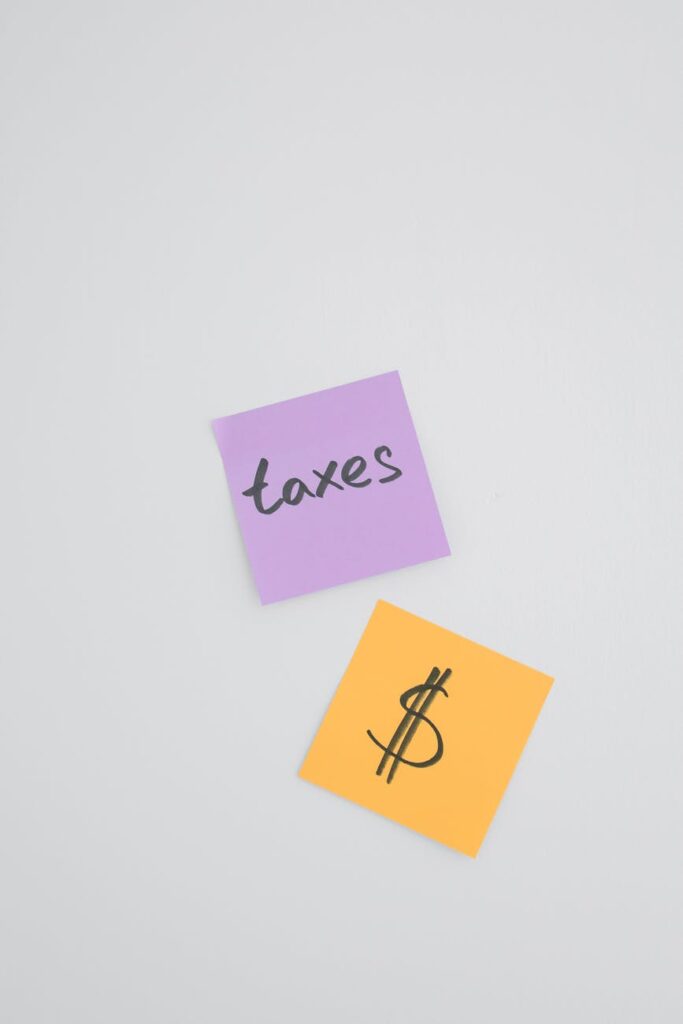What is personal accountability methods?

What is personal accountability methods?
Personal accountability methods are the tools and strategies individuals use to take responsibility for their actions, decisions, and their outcomes. In a world where distractions and excuses are abundant, these methods serve as a backbone for personal growth and productivity. By enhancing our ability to hold ourselves accountable, we pave the way for self-improvement and better decision-making in both personal and professional settings.
Understanding Personal Accountability
What is Personal Accountability?
Personal accountability is the commitment to owning your actions and their consequences. It means recognizing that you are responsible for your choices, whether they lead to success or setbacks. Unlike social accountability, which involves external pressures like societal expectations or peer influences, personal accountability is an internal drive to meet your commitments and goals. This concept emphasizes the importance of self-reflection and honesty in evaluating one’s performance.
Importance of Personal Accountability
Being accountable is crucial for several reasons. First, it fosters trust and credibility. When you hold yourself accountable, others are more likely to trust you, leading to stronger relationships. Second, it encourages personal growth. By taking responsibility for your actions, you can identify areas for improvement. Lastly, accountability enhances productivity. When you commit to your goals, you’re more likely to stay focused and motivated. For a more in-depth look at why personal accountability is essential, consider reading about its advantages on Mind Tools.
Effective Personal Accountability Methods
To cultivate personal accountability, a variety of methods can be employed. Here are some effective strategies that can be integrated into your daily life.
Goal Setting Techniques
One of the most effective methods for enhancing accountability is setting clear, achievable goals. By following the SMART criteria—Specific, Measurable, Achievable, Relevant, and Time-bound—you create a roadmap for success. For example, instead of saying, “I want to exercise more,” try “I will jog for 30 minutes three times a week.” This specificity makes it easier to track progress and stay committed to your objectives.
Journaling and Reflection
Keeping a journal can be a powerful tool for personal accountability. By regularly reflecting on your actions and thoughts, you gain insight into your behaviors and decisions. Journaling allows you to track your progress and recognize patterns that may hinder your growth. It serves as a mirror, revealing what works and what doesn’t. This practice not only reinforces accountability but also enhances self-awareness, helping you make more informed choices.

Photo by Polina Tankilevitch
Accountability Partners
Working with an accountability partner can significantly boost your commitment to your goals. This could be a friend, family member, or colleague who shares similar aspirations. The idea is to check in with each other regularly, share progress, and provide support when obstacles arise. This mutual encouragement creates a sense of shared responsibility and makes it harder to slip into old habits. For more insights on effective accountability partners, check out this article on Harvard Business Review.
Practical Tips for Implementing Accountability Methods
Bringing personal accountability into your life doesn’t have to be complex. Here are some actionable steps you can take.
Creating a Schedule
A structured schedule can work wonders in maintaining accountability. By planning your days and weeks ahead of time, you prioritize tasks that align with your goals. This not only provides a clear path but also minimizes procrastination. Consider using digital calendars or planners to keep your schedule organized and accessible.
Using Technology for Accountability
In our digital age, technology can be your ally. There are numerous apps and tools designed to assist in tracking goals and habits. From to-do list managers to habit trackers, these applications can help you stay organized and accountable. For example, apps like Todoist or Habitica can make tracking your progress more engaging and visually rewarding. They provide reminders, which significantly reduce the chances of slipping up on your commitments.
Overcoming Challenges in Personal Accountability
Even with the best intentions, challenges often arise when trying to maintain personal accountability. Here are some common obstacles and how to overcome them.
Dealing with Procrastination
Procrastination is a major hurdle in personal accountability. To combat this, break tasks into smaller, manageable steps. Instead of approaching a project as a whole, focus on completing one aspect at a time. Also, setting deadlines for each task can create a sense of urgency, motivating you to take action.
Mindset Shifts
A positive mindset is crucial in fostering accountability. Shifting your perspective from seeing challenges as setbacks to viewing them as opportunities for growth can change the game. Embrace a growth mindset, where you believe that your abilities can improve with effort and practice. This mindset encourages resilience and a commitment to learning from mistakes.
Conclusion
Personal accountability methods are essential for anyone looking to improve their productivity and personal development. By understanding the importance of accountability, employing effective methods such as goal setting, journaling, and partnering with someone supportive, and overcoming common challenges, you can take significant strides towards achieving your goals. Start implementing these techniques today, and you’ll likely see a transformation in how you approach tasks and responsibilities. Remember, the journey to accountability begins with the choice to take responsibility for your actions and their outcomes.